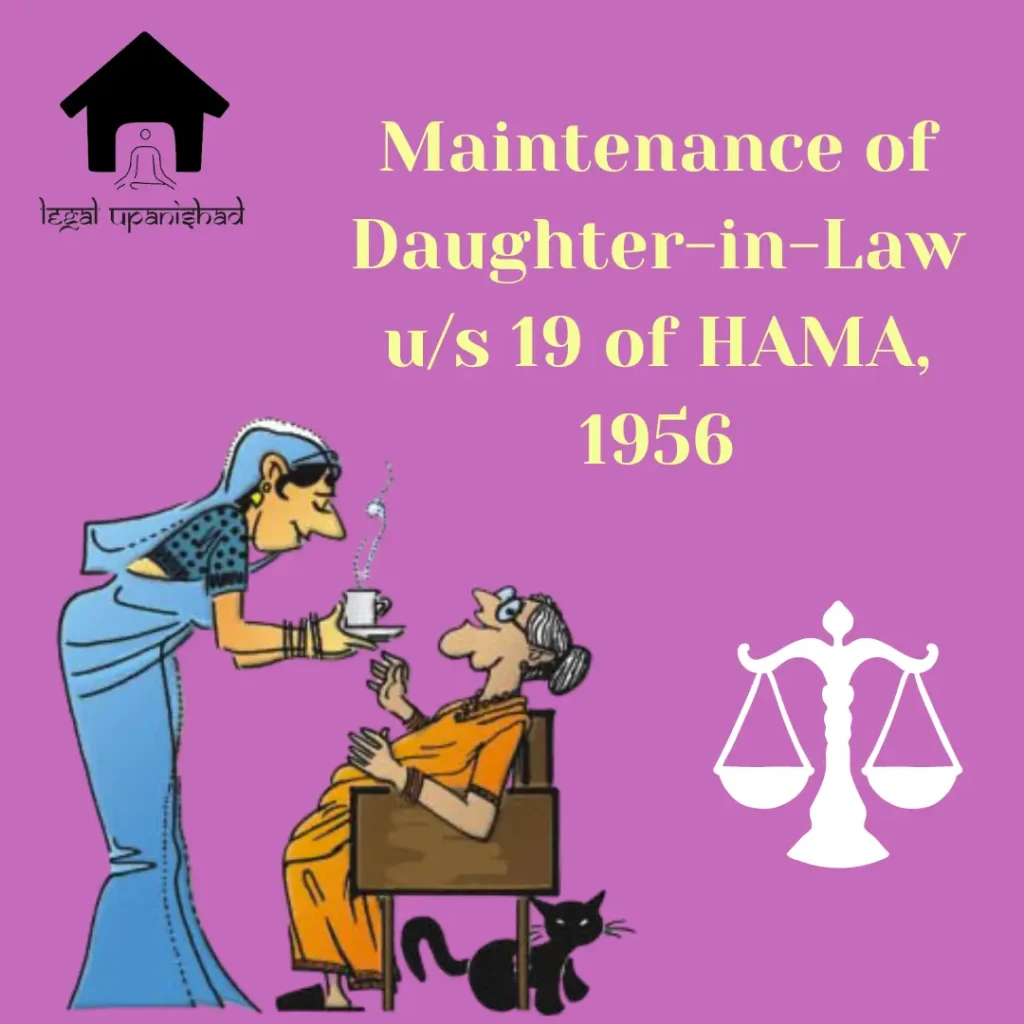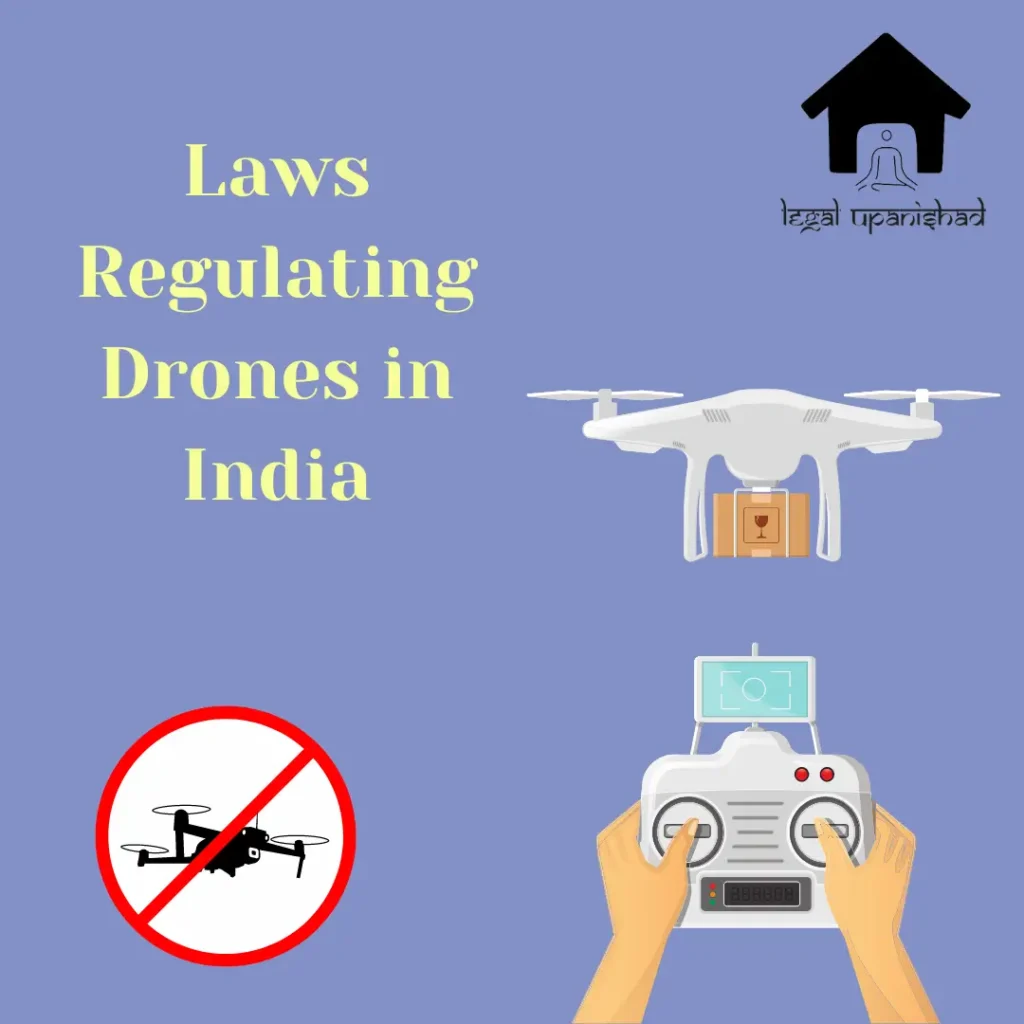Customs act, 1962: A critical analysis
Travelers or merchants, when traveling from one country to another country, need to pay some taxes on their luggage or goods is called customs tax. Every country gives customs tax according to their rules and regulations. If a person comes to India from another country on his goods, an Indian tax will be applied to him. All taxes will be applied to travelers according to the regulations which are regulating in our country. In India, all customs taxes are governed by the act of Indian Customs Act, 1962. This act provides the legal status of custom tax on the export and import of goods. This article will provide a critical analysis of the act.










